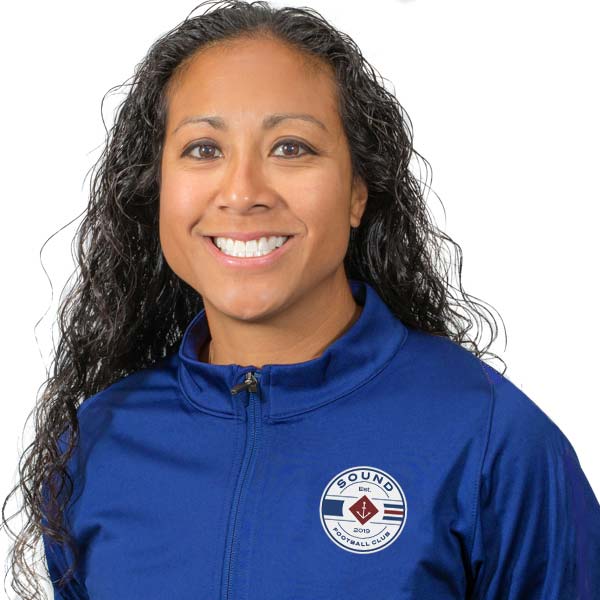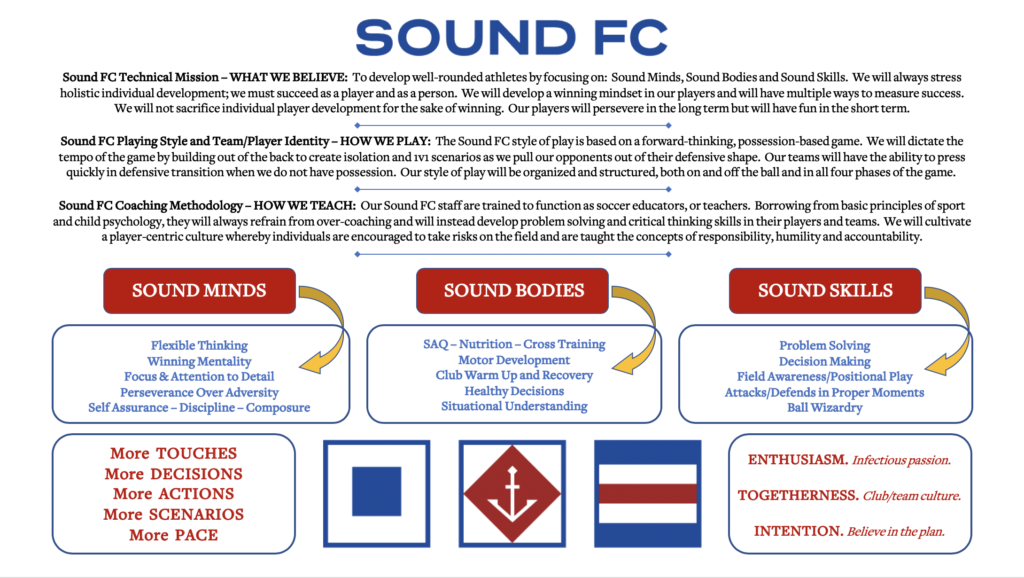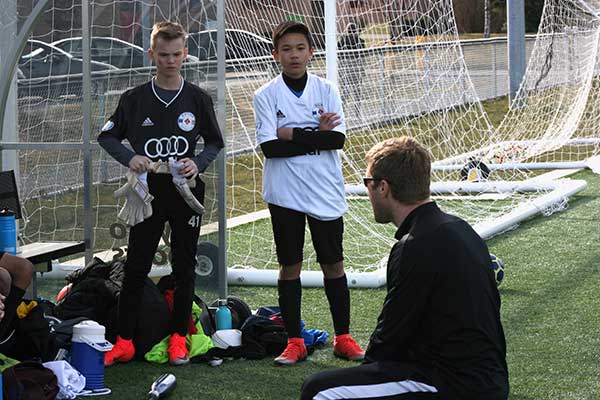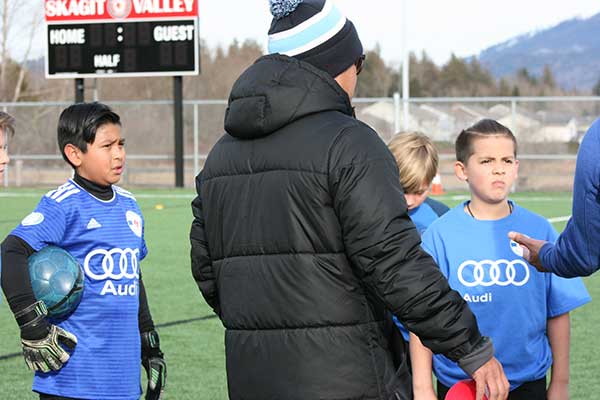Sound FC Technical Mission – WHAT WE BELIEVE: To develop well-rounded athletes by focusing on: Sound Minds, Sound Bodies, and Sound Skills. We will always stress holistic individual development; we must succeed as a player and a person. We will develop a winning mindset in our players and will have multiple ways to measure success. We will not sacrifice individual player development for the sake of winning. Our players will persevere in the long term but will have fun in the short term.
Sound FC Playing Style and Team/Player Identity – HOW WE PLAY: The Sound FC style of play is based on a forward-thinking, possession-based game. We will dictate the tempo of the game by building out of the back to create isolation and 1v1 scenarios as we pull our opponents out of their defensive shape. Our teams will have the ability to press quickly in defensive transition when we do not have possession. Our style of play will be organized and structured, both on and off the ball and in all four phases of the game.
Sound FC Coaching Methodology – HOW WE TEACH: Our Sound FC staff are trained to function as soccer educators, or teachers. Borrowing from our basic principles of sport and child psychology, they ill always refrain from over-coaching and will sainted develop problem solving and critical thinking skills in their players and teams. We will cultivate a player-centric culture whereby individuals are encouraged to take risks on the field and are taught the concept of responsibility, humility, and accountability.




